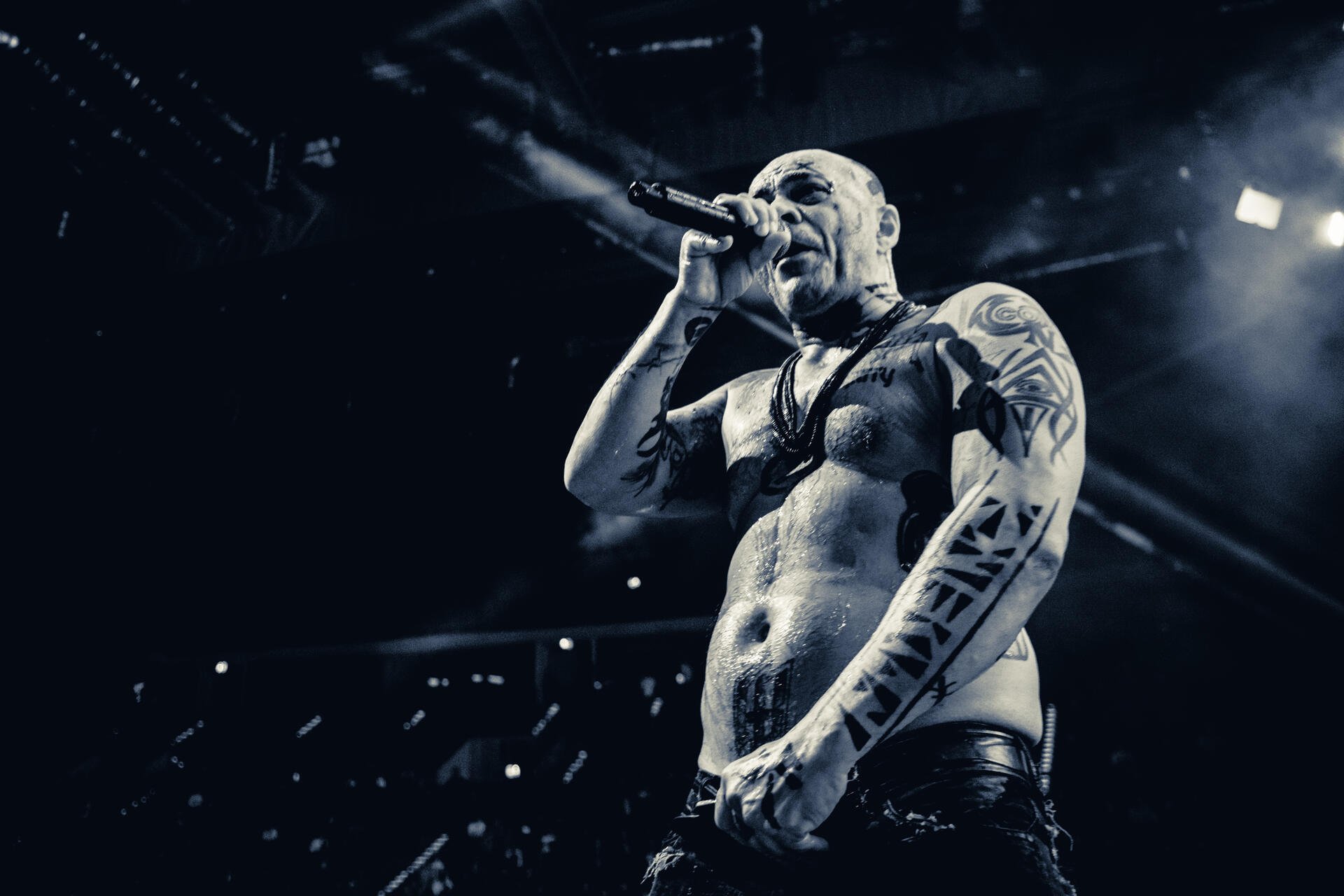GLACA on Nostr: The Nation-State as the Modern Church: Inquisition and Heresy in the Digital Age ...
The Nation-State as the Modern Church: Inquisition and Heresy in the Digital Age
Drawing a parallel between the medieval Catholic Church and the modern nation-state offers a compelling perspective on authority, control, and dissent. Just as the Church once dominated moral, social, and intellectual life, the nation-state today wields a similar power, establishing itself as a central authority over identity, ideology, and legality.
1. The Modern Inquisition: Tools of Control
The Catholic Church’s Inquisition sought to enforce doctrinal purity, often through fear and public punishment. Today’s nation-state uses its own methods to silence or control dissent:
• Surveillance and Digital Policing: The state’s pervasive surveillance apparatus, justified under “national security,” echoes the Church’s vigilance against “moral decay.” Data collection and algorithmic monitoring serve as modern inquisitional tools.
• Public Shaming and Media Trials: In our digital age, social media enables swift public condemnation of those who challenge state narratives, creating a modern spectacle akin to historical public trials.
• Legal Repression and Political Persecution: Selective application of sedition, terrorism, and hate-speech laws serves to punish those who expose truths inconvenient to the state, making them “heretics” of the modern era.
2. Modern Heresies: Forbidden Ideas
Just as heresy once signified theological dissent, today’s “heresies” include ideologies that contradict or expose the nation-state’s foundations:
• Questioning National Narratives: Critiquing foundational myths—such as patriotic identity or “just wars”—is often condemned as unpatriotic, risking social or legal repercussions.
• Challenging Capitalism: Since capitalism is deeply intertwined with most states, critiquing it is heretical; critics are often marginalized as radicals.
• Advocating Stateless Identities: Identifying beyond one’s nation or advocating borderless societies challenges the state’s control over identity and loyalty, placing such ideas on the fringe.
• Environmental and Anti-Industrial Activism: Environmental advocacy that counters economic or industrial priorities of the state is frequently suppressed or marginalized.
• Opposing Surveillance: Questioning or resisting the state’s surveillance system undermines its authority and is met with suspicion, making privacy advocacy a modern heresy.
3. Consequences of Heresy and Suppression
Where heretics once faced excommunication or torture, today’s dissenters risk exclusion from societal privileges, public shaming, legal battles, and digital erasure. These methods not only punish individuals but also prevent collective awakening, keeping societal narratives within bounds favorable to state interests.
4. Towards a Digital Reformation
Just as the Reformation arose in response to the Church’s overreach, modern pressures may lead to a “digital reformation.” Decentralized movements, alternative governance models, and ideologies that prioritize individual autonomy over state-defined identities may emerge, fostering new systems rooted in freedom, transparency, and plurality.
By silencing “heretics” and enforcing ideological conformity, the nation-state replicates the Church’s historical dogmatism. However, as history suggests, such control is rarely sustainable, hinting at a future where individuals reclaim agency beyond the nation-state’s authority. This analogy not only critiques state overreach but also envisions a potential shift towards a more pluralistic, decentralized vision of identity and governance.
Drawing a parallel between the medieval Catholic Church and the modern nation-state offers a compelling perspective on authority, control, and dissent. Just as the Church once dominated moral, social, and intellectual life, the nation-state today wields a similar power, establishing itself as a central authority over identity, ideology, and legality.
1. The Modern Inquisition: Tools of Control
The Catholic Church’s Inquisition sought to enforce doctrinal purity, often through fear and public punishment. Today’s nation-state uses its own methods to silence or control dissent:
• Surveillance and Digital Policing: The state’s pervasive surveillance apparatus, justified under “national security,” echoes the Church’s vigilance against “moral decay.” Data collection and algorithmic monitoring serve as modern inquisitional tools.
• Public Shaming and Media Trials: In our digital age, social media enables swift public condemnation of those who challenge state narratives, creating a modern spectacle akin to historical public trials.
• Legal Repression and Political Persecution: Selective application of sedition, terrorism, and hate-speech laws serves to punish those who expose truths inconvenient to the state, making them “heretics” of the modern era.
2. Modern Heresies: Forbidden Ideas
Just as heresy once signified theological dissent, today’s “heresies” include ideologies that contradict or expose the nation-state’s foundations:
• Questioning National Narratives: Critiquing foundational myths—such as patriotic identity or “just wars”—is often condemned as unpatriotic, risking social or legal repercussions.
• Challenging Capitalism: Since capitalism is deeply intertwined with most states, critiquing it is heretical; critics are often marginalized as radicals.
• Advocating Stateless Identities: Identifying beyond one’s nation or advocating borderless societies challenges the state’s control over identity and loyalty, placing such ideas on the fringe.
• Environmental and Anti-Industrial Activism: Environmental advocacy that counters economic or industrial priorities of the state is frequently suppressed or marginalized.
• Opposing Surveillance: Questioning or resisting the state’s surveillance system undermines its authority and is met with suspicion, making privacy advocacy a modern heresy.
3. Consequences of Heresy and Suppression
Where heretics once faced excommunication or torture, today’s dissenters risk exclusion from societal privileges, public shaming, legal battles, and digital erasure. These methods not only punish individuals but also prevent collective awakening, keeping societal narratives within bounds favorable to state interests.
4. Towards a Digital Reformation
Just as the Reformation arose in response to the Church’s overreach, modern pressures may lead to a “digital reformation.” Decentralized movements, alternative governance models, and ideologies that prioritize individual autonomy over state-defined identities may emerge, fostering new systems rooted in freedom, transparency, and plurality.
By silencing “heretics” and enforcing ideological conformity, the nation-state replicates the Church’s historical dogmatism. However, as history suggests, such control is rarely sustainable, hinting at a future where individuals reclaim agency beyond the nation-state’s authority. This analogy not only critiques state overreach but also envisions a potential shift towards a more pluralistic, decentralized vision of identity and governance.
